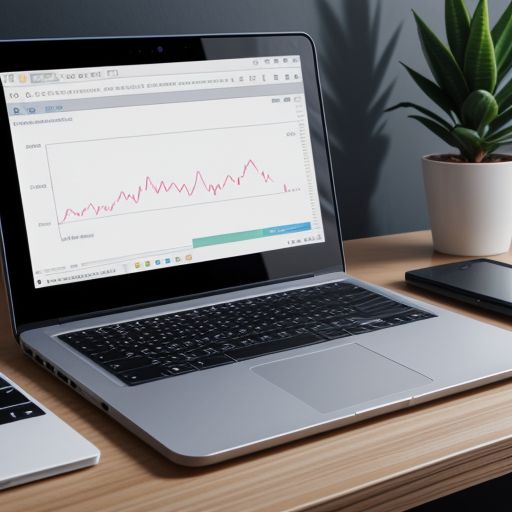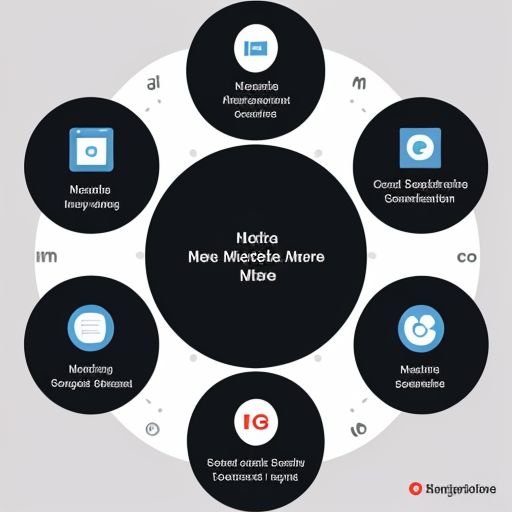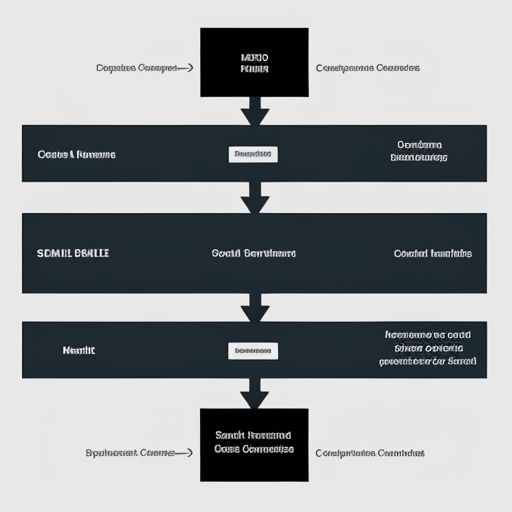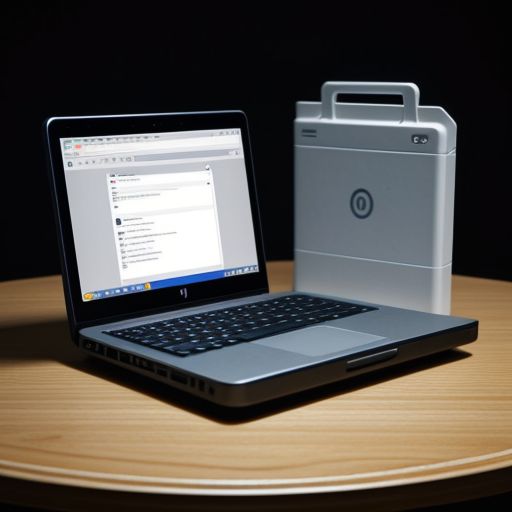The world of cryptocurrency is exciting, volatile, and potentially very profitable. As more and more people become interested in trading Bitcoin and other digital assets, the question arises: “What is the Best Platform To Trade Bitcoins?” This guide will delve deep into the world of Bitcoin trading platforms, analyzing key factors to consider, answering frequently asked questions, and ultimately helping you find the perfect platform to match your trading needs.
Understanding the Basics: What is a Bitcoin Trading Platform?
Before diving into the specifics, let’s clarify what a Bitcoin trading platform actually is. Essentially, it’s an online platform that facilitates the buying and selling of Bitcoin. Think of it as a digital marketplace where buyers and sellers converge to trade this digital gold.
Why is Choosing the Right Platform Crucial?
The platform you choose will directly impact your trading experience. A reputable and user-friendly platform can simplify your journey, while a poorly designed one can lead to frustration and potential losses.
Key Factors to Consider When Choosing a Bitcoin Trading Platform
exchange.tailieupentech.com/wp-content/uploads/2024/07/Best-Bitcoin-Trading-Platform-668640.jpg" alt="Best Bitcoin Trading Platform" width="512" height="512">Best Bitcoin Trading Platform
To navigate the sea of Bitcoin trading platforms effectively, consider the following crucial aspects:
1. Security: Safeguarding Your Digital Assets
This should be your top priority. Look for platforms with a robust security track record, featuring two-factor authentication (2FA), cold storage for funds, and a history of effectively addressing security breaches.
2. Fees: Understanding the Costs Involved
Trading fees can eat into your profits. Compare platforms based on their trading fees, deposit/withdrawal fees, and any other hidden charges.
3. Liquidity: Ensuring Smooth Trading Experiences
High liquidity platforms ensure you can buy or sell Bitcoin quickly at market price, avoiding slippage. Check the platform’s trading volume and order book depth to gauge liquidity.
4. User Interface: Navigating with Ease
The platform should be intuitive and easy to navigate, especially for beginners. Look for a clean interface, readily available customer support, and educational resources.
5. Supported Cryptocurrencies: Expanding Your Portfolio
While Bitcoin is the focus, some platforms offer a wide range of altcoins. If you plan to diversify, ensure the platform supports your desired cryptocurrencies.
Frequently Asked Questions about Bitcoin Trading Platforms
Navigating the world of Bitcoin trading often comes with numerous questions. Let’s address some common queries:
What are the different types of trading platforms?
There are centralized exchanges (CEXs), decentralized exchanges (DEXs), and peer-to-peer (P2P) platforms. Each has its pros and cons in terms of security, fees, and control.
How do I choose between a CEX and a DEX?
CEXs offer user-friendliness and higher liquidity but come with a degree of counterparty risk. DEXs prioritize security and privacy but may have lower liquidity.
What is KYC verification, and why is it important?
KYC stands for Know Your Customer. It involves verifying your identity, a standard practice for reputable platforms to prevent fraud and comply with regulations.
Conclusion: Making the Informed Decision
Choosing the best platform to trade Bitcoins is a personal decision based on your individual needs and risk tolerance. By carefully evaluating the factors discussed, you can find a platform that aligns with your investment goals and provides a secure and user-friendly trading experience. Remember, thorough research is key to navigating the exciting and ever-evolving world of Bitcoin trading.







